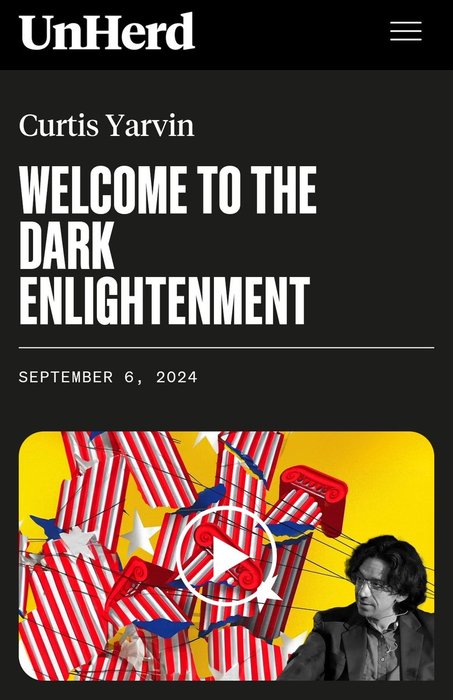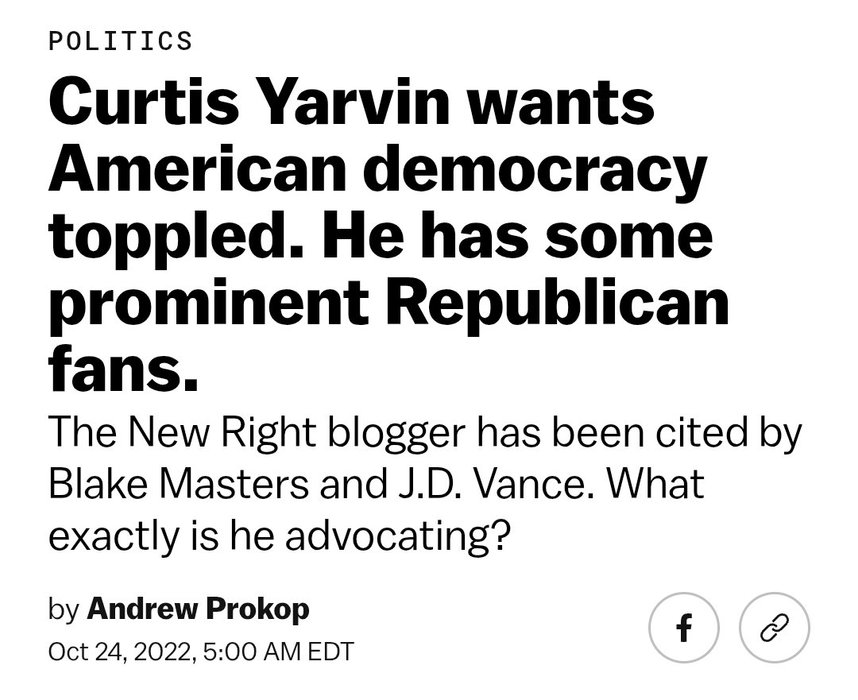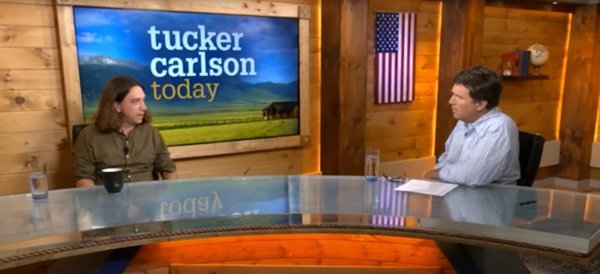CCPP
Appearing during the early Reagan-Thatcher years, Blade Runner is an outline of a reconfigured relationship to an emerging global consumer culture that would be more securely in place by the 1990s. Rather than tracking any kind of split between the self and this milieu, the film affirms a functional assimilation of the individual into the circuitry
... See moreJonathan Crary • 24/7: Late Capitalism and the Ends of Sleep
‘Deliberation’ is long and careful discussion crafted towards making a decision. Deliberative processes emphasise the importance of reflection and informed discussion in decision-making. This allows people to adopt more nuanced positions on the issues at hand, with a better understanding of the trade-offs inherent in a given decision.
For... See more
For... See more
Citizens' Assembly
In Internet for the People, leading tech writer Ben Tarnoff offers an answer. The internet is broken, he argues, because it is owned by private firms and run for profit. Google annihilates your privacy and Facebook amplifies right-wing propaganda because it is profitable to do so. But the internet wasn't always like this—it had to be remade for the... See more
Ben Tarnoff • Internet for the People




Ok. So I study authoritarian regimes for a living. I spend most of my time thinking about how Russia's dictatorship works. But one of my personal side-projects involves looking at authoritarian theorists closer to home. The most prominent by far is Curtis Yarvin. https://t.co/LnkVPpyydL
Ilustración escura

The future of the internet is likely smaller communities, with a focus on curated experiences
Andrew Melnizektheverge.com
La aceleración social como factor de alienación: Un análisis desde Hartmut Rosa | Revista Mundana
Revista Mundanarevistamundana.ec
Traballo sobre a ilustración escura
The future of the internet that most excites me is also, in many ways, a snapshot of its past. It’s a place where the Neil Gaimans of the world don’t need to feed their thoughts into an engagement engine, but can instead put out a virtual shingle on their own small patch of cyberspace and attract and build a more intimate community of like-minded... See more
Brad Borland • Neil Gaiman's Radical Vision for the Future of the Internet - Cal Newport
At its inception between the 1960s and 1990s, the internet was imagined as a decentralized, horizontal and open space that would foster freedom and equality. Today, it is a collection of walled gardens, a hierarchical ecosystem ruled by a few gatekeepers who leverage access to data, attention and infrastructural capability to enclose users and... See more